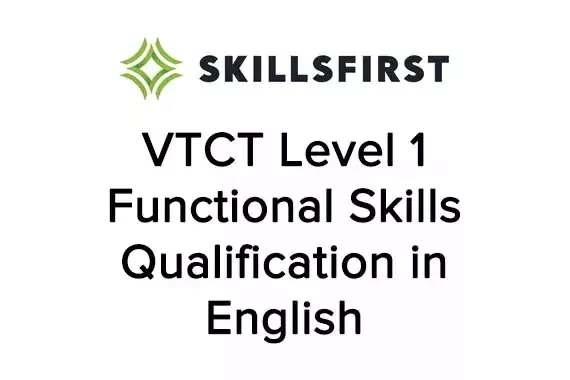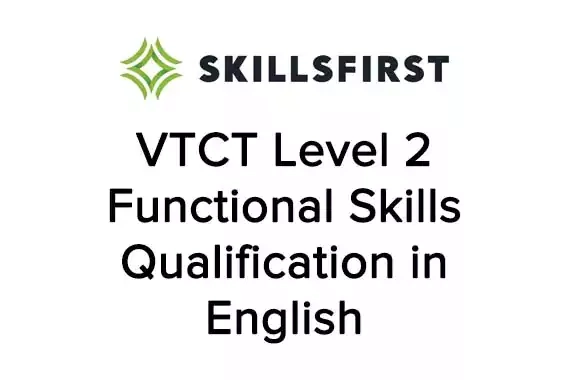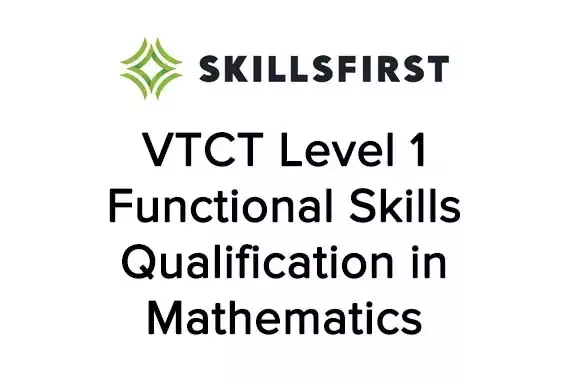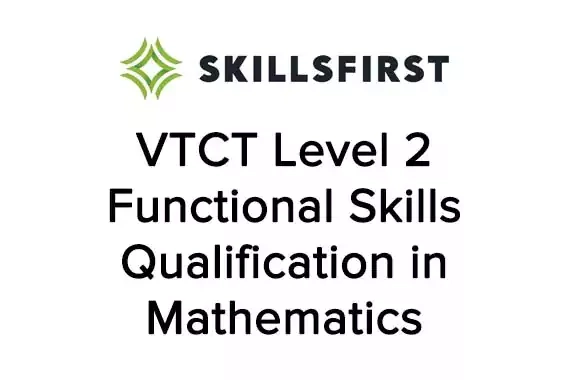Functional Skills Qualifications in English and Mathematics Levels 1 and 2 follow a skills-based approach so that they fully support learners to operate effectively and confidently in education, employment and through a wide range of apprenticeship programmes. They are designed to bring real-life contexts and scenarios into the learning environment and allow learners to develop transferable knowledge, skills and understanding relevant to everyday life and work.
English
With a focus on spelling, punctuation and grammar, the qualification has also been designed to enable learners to:
- listen, understand and make relevant contributions to discussions with others in a range of contexts
- apply their understanding of language to adapt delivery and content to suit audience and purpose
- read a range of different text types confidently and fluently, applying their knowledge and understanding of texts to their own writing
- write texts of varying complexity, with accuracy, effectiveness, and correct spelling, punctuation and grammar
- understand the situations when, and audiences for which, planning, drafting and using formal language are important, and when they are less important.
Mathematics
The qualification has been designed to enable the learner to gain in confidence and fluency, and to develop behaviours such as persistence and logical thinking as they apply mathematical tools and approaches. The qualification has also been designed to:
- enable learners to demonstrate their ability in mathematical skills and their ability to apply these, through appropriate reasoning and decision making, to solve realistic problems of increasing complexity
- introduce learners to new areas of life and work so that they are exposed to concepts and problems which, while not of immediate concern, may be of value in later life
- enable learners to develop an appreciation of the role played by mathematics in the world of work and in life generally
- enable learners to use numbers and the number system, such as whole numbers, fractions, decimals and percentages, use common measures, shape and space and handle information and data.
Achievement of these qualifications will allow learners to develop the knowledge and skills to be able to communicate with confidence, effectiveness and with an increasing level of independence.
Useful links





